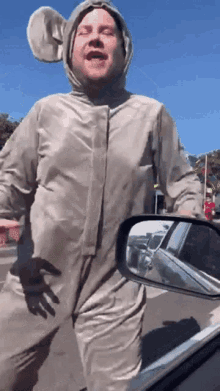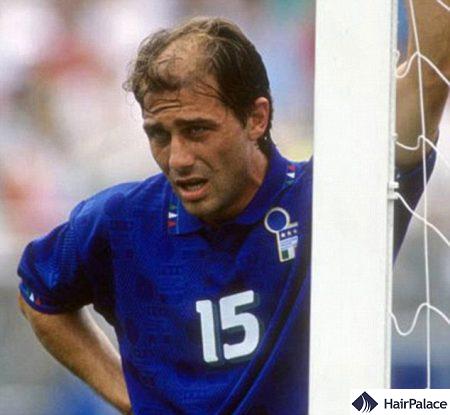We all have the choice of looking at this turn of events as possibly a positive step in terms of performances on the pitch or a possibly more of the same Glazer malaise where performances are subordinated to Glazer wealth accumulation. The choice is between hope -- and there's nothing wrong with hope -- and acknowledging reality. Like everyone else here, I have no idea which it will actually be. But what I do know is that there is nothing in this deal that allows us anything more than baseless hope -- and it would be baseless -- that the buy-in of a new investor in the club whom to my knowledge has not demonstrated prowess as a football club owner will translate into improved performances on pitch. But none of us, myself included, can be absolutely sure that things will not get better on the pitch any time soon. Maybe they will more quickly that we could possibly imagine and that we'll be in for a proper PL title challenge as soon as three seasons from now.
For a bit of context, or maybe comparison, there are plenty of clubs of in other sports that at one point were a perennial contender for titles but fell on hard times for many decades. In English football, Wolves and Leeds come to mind. In baseball, the Boston Red Sox and the Chicago Cubs. In American football, the Cleveland Browns and the Washington Redskins-now-Commanders (daft name that). In the NBA, the New York Knicks. For those of us who pray to a god or gods, let us pray that Manchester United are not fated to become the next Red Sox Cubs who had to wait nearly a century for their next championship. But looking at the state of the club now and the qualifications of the new minority shareholder, there is no reason to believe that we'll be able to do anything more than a scrape a top four spot any time soon.
My reading of the tea leaves in what we know that has been publicly verified.
1. Jim Ratcliffe wants an element of control for his 1.3b.
2. The 25% stake came from Glazers kids, either two / three of them that want out and sold or equal dilution of shares. Even the largest shareholder, Joel, would only have 13% of total shares and 19% of the voting shares, if he was not diluted at all. Sir Jim would have almost double the voting power. If all Glazers were equally diluted, then he’d be in even a stronger position.
3. Any capital invested in the stadium, transfers etc by Sir Jim would give him further control. Let’s say, for example, that Sir Jim put another 1.3b for Old Trafford renovation. All shareholders would be further diluted. Maybe not exactly by 25% to 50%, but somewhere around 40%. That puts him in the drivers seat. Does he completely control the board? No. But it’s close given how fragmented the owners of the other voting shares are.
3. I believe the acquisition of these shares may include control clauses and follow-on investment clauses as well as share purchase options once certain valuations are reached. By the time he’s through, Sir Jim will have over 50% of the voting shares
Is this good? Maybe, if INEOS does a better job on managing the club, then yes. And the the bar is pretty fecking low.
For your US sports analogies, I’d say Red Sox and Cubs are a bit different than our situation. Neither one could have been considered dynasties before their “fall”. Both happened before baseball was integrated. Neither had the highest revenues in the league. The Red Sox were consistently good, the Cubs pretty much awful. Red Sox had appearances in several World Series but failed to win. Cubs never made it to the World Series. Browns we’re good pre modern NFL, but then pretty awful consistently. Redskins were never a dynasty, but they were good. Probably the best analogy would be the Boston Celtics who were dominant from the 50’s until the 80s, but fell on really hard times after and have only one championship since 1986. The Yankees were pretty much a dynasty and the class of MLB until 1981, then had a 15 year dry spell, then another dynasty-like period. Also, they have the highest revenues. Hopefully we’ll bounce back like them.




